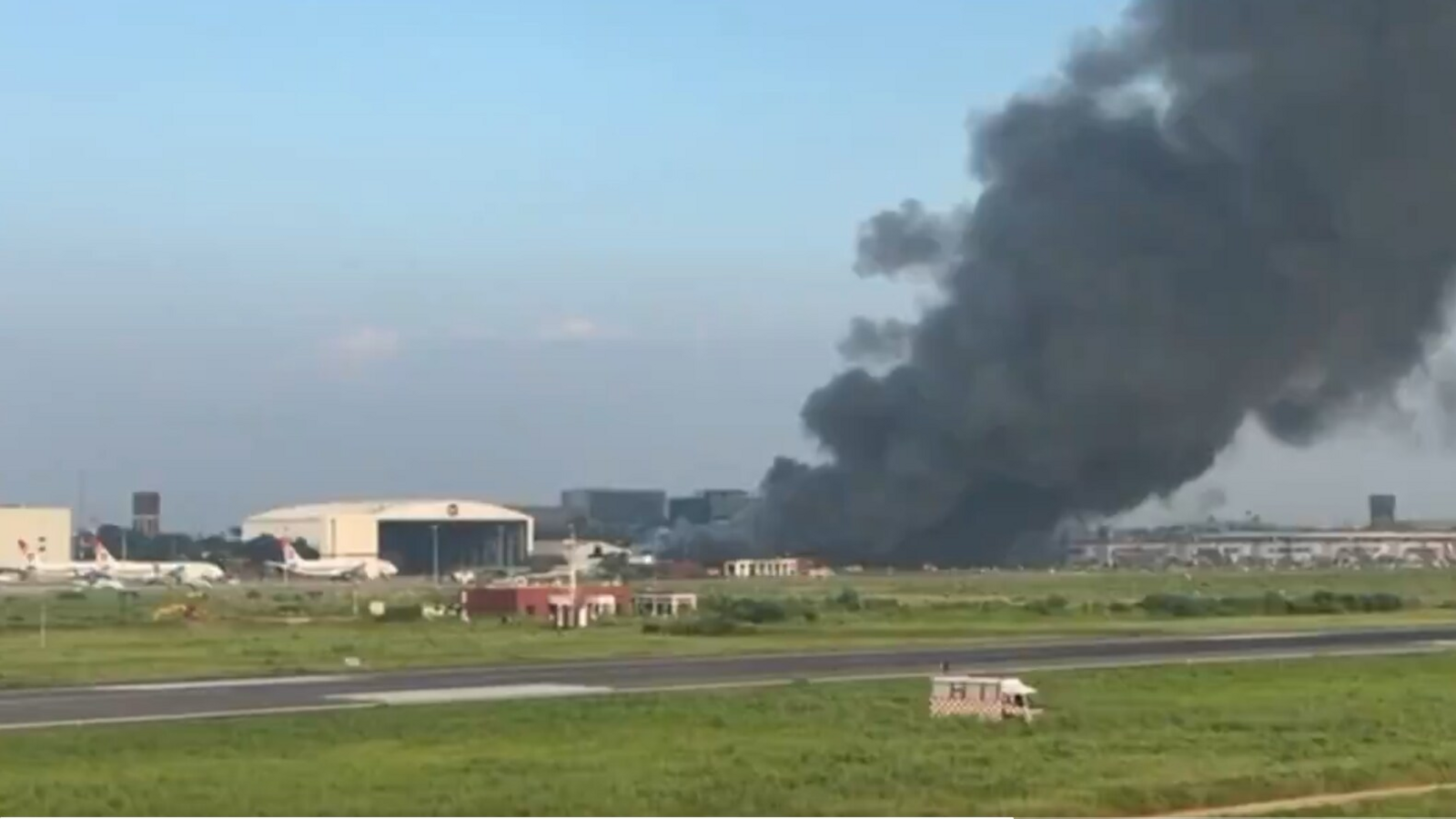Several security personnel have died and dozens of civilians injured in the latest escalation of protests surrounding Pakistan’s capital of Islamabad.
Thousands of protesters seeking the release of jailed former prime minister Imran Khan have closed in on the city as of Tuesday afternoon, local time, after days of marching south from the province of Khyber Pakhtunkhwa — Mr Khan’s power base.
Federal government officials said four members of the Pakistan Rangers — a paramilitary unit separate from the nation’s army — were killed in an attack by demonstrators on a highway leading towards central Islamabad on Tuesday morning.
Prime Minister Shehbaz Sharif said the four men had been “run over by a vehicle” on a street, though there were no claims of responsibility for the ramming. One civilian also died.
A police officer was also shot and killed in a separate incident on Monday. Officials and local media reported at least a further 100 police were injured in protest-related violence.
Shortly after midnight, Interior Minister Mohsin Naqvi threatened security forces would respond with live fire if protesters fired weapons at them.
“We have now allowed police to take any decision according to the situation,” he said.
“If they again fire bullets, the bullet will be responded with the bullet.”
Along with issuing shoot-at-sight orders, the government also deployed the military on Tuesday afternoon as crowds reached within 10km of D-Chowk, a large open area in Islamabad’s governmental Red Zone where protesters are seeking to converge for a “final call”.
Why now?
The mass demonstrations coincide with Belarusian President Aleksandr Lukashenko’s three-day visit to the Pakistani capital for bilateral talks with Mr Sharif.
Security measures were already heightened for the visiting foreign official and the increased spotlight on the city may have been behind the timing of the march.
Supporters of Imran Khan’s PTI gather to remove shipping containers to clear way for their rally. (AP: Anjum Naveed)
Islamabad has been locked down since late Saturday, with mobile internet sporadically cut and more than 20,000 police flooding the streets, many armed with riot shields and batons.
Last week, the Islamabad city administration announced a two-month ban on public gatherings.
The government cited “security concerns” for the mobile internet outages, while Islamabad’s schools and universities were also ordered shut on Monday and Tuesday.
But Mr Khan’s Pakistan Tehreek-e-Insaf (PTI) party has defied a government crackdown with regular demonstrations aiming to seize public spaces in Islamabad and other large cities.
Pakistani Rangers in riot gear stand guard alongside a road to prevent an anti-government rally in Islamabad.
(Reuters: Salahuddin)
The protesting convoy, set out from the north-western city of Peshawar and led by Mr Khan’s wife Bushra Bibi, has hauled aside stacks of shipping containers blocking off the capital, battled security forces and ignored a government threat to respond with gunfire.
Ms Bibi has urged people to keep marching toward D-Chowk peacefully and said another plan of action would be conveyed to protesters if her husband’s release could not be secured.
Since Friday, police have arrested 4,000 demonstrators, used tear gas to try and disperse the crowds, and a court has imposed a ban on rallies within Islamabad.
Scores of people have been injured, including journalists who were attacked by Mr Khan supporters at at least two separate locations, Reuters and the Associated Press reported.
What are they demanding?
PTI’s chief demand is the release of Mr Khan, who served as premier from 2018 to 2022 and is the lodestar of their party.
The 72-year-old was ousted by a no-confidence vote after falling out with Pakistan’s powerful military establishment, which has played a prominent role in shaping the nation’s politics since it gained independence in 1947.
But as opposition leader since 2022, Mr Khan led an unprecedented campaign of defiance, with PTI street protests boiling over into unrest that the government cited as the reason for its crackdown.
He has been imprisoned since his first conviction in a graft case in August 2023, and faces more than 150 other criminal cases, but both Mr Khan and his party remain immensely popular in Pakistan.
PTI says the cases against their leader are politically motivated and confected to prevent his comeback.
Police fire tear gas shell to disperse demonstrators during violent clashes. (AP: Irtisham Ahmed )
Mr Khan’s supporters are also protesting alleged tampering in the February election and a recent government-backed constitutional amendment giving itself more judicial power. The army has denied charges of election manipulation.
Authorities say only courts can order his release.
PTI won more seats than any other party in this year’s election but a coalition of parties considered more pliable to military influence shut them out of power.
No sign of compromise
Prime Minister Sharif’s government has given no indication yet of bending to the demands.
The government met Mr Khan’s aides to try to calm the protests, but the attempt did not succeed, Defence Minister Khawaja Muhammad Asif said.
Travel between Islamabad and other cities has become nearly impossible because of shipping containers blocking the roads. All educational institutions remain closed.
Imran Khan has been imprisoned for more than a year and faces a raft of legal charges ranging from corruption to instigation of violence.
(Reuters: Akhtar Soomro/File Photo)
Highways in the eastern part of Punjab province have also been blocked.
Stormy politics and unrest during Pakistan’s 77-year history have included protests and sit-ins by opposition parties.
Mr Khan led one of Pakistan’s largest sit-ins in 2014 when his supporters protesting against the PML-N government occupied the roundabout site for 126 days.
PTI supporters last marched on Islamabad in October, sparking days of clashes with police that killed one officer.
ABC/wires


